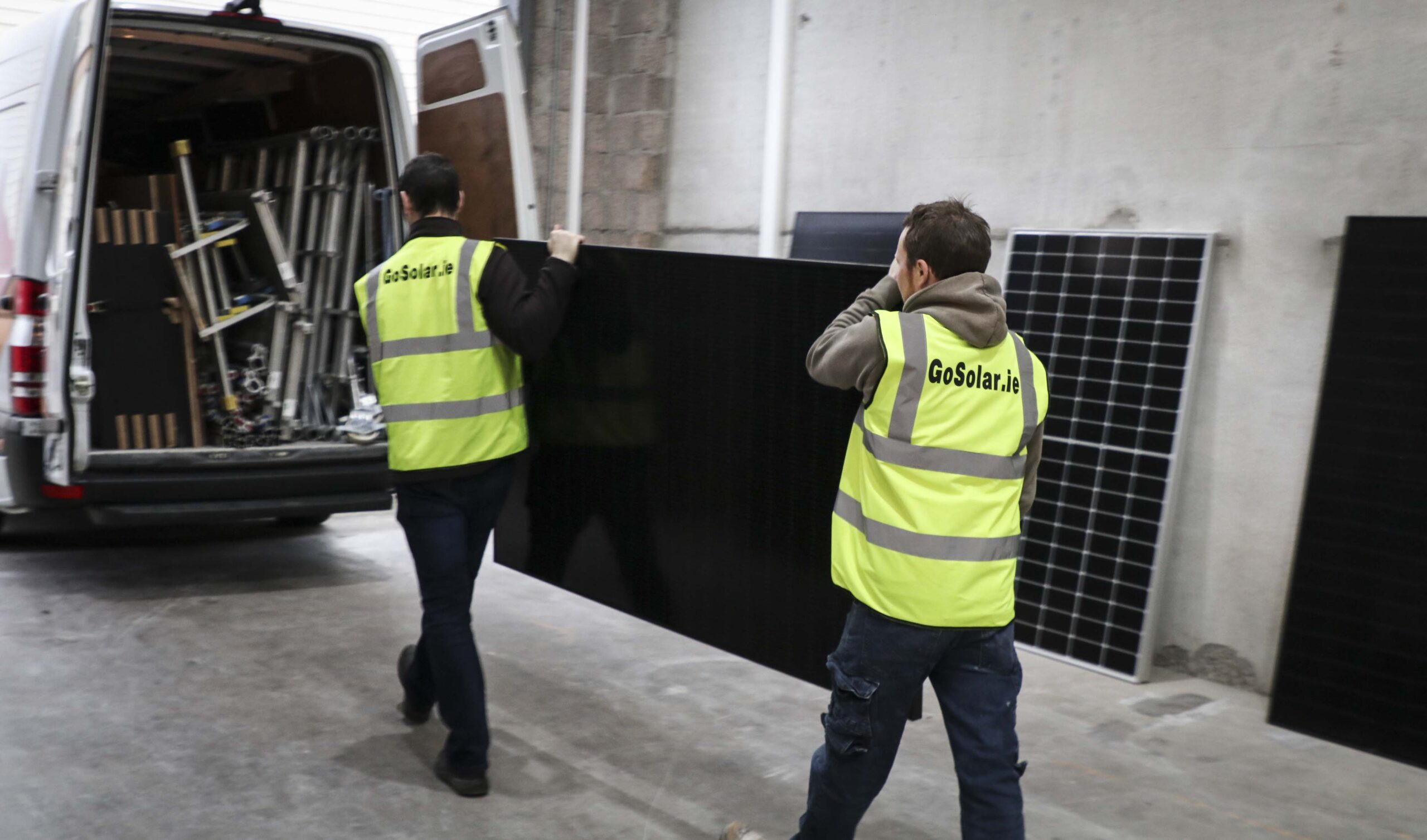What is solar energy?
Energy storage
Batteries can be installed with our systems, giving our customers the ability to store any unused energy, meaning less dependency on the grid and cutting energy bills even more.
Solar PV
Solar PV is the rooftop solar you see on homes and businesses. PV or photovoltaic solar panels turn daylight into electricity and provide you with energy and electricity to power your TV, kettle, toaster, phone charger, radio, oven and so on.
Installation of domestic solar PV system
A domestic solar PV system consists of a number of solar panels mounted to your roof (or in your garden) and connected into the electrical loads within your building. The solar panels generate DC (direct current – like a battery) electricity, which is then converted in an inverter to AC (alternating current – like the electricity in your domestic socket). Solar PV systems are rated in kilowatts (kW). A 1kW solar PV system would require 3 or 4 solar panels on your roof
Our systems range from 1.5 kw – 8.5 kw, for more information and to inquire what system will suit your needs please Contact Us.
Generating Free Electricity
Installing a Solar PV system means that you are generating free electricity for your home and therefore lowering your utility bills ongoing
Heating of Your Water
You will also be able to heat your water with any excess electricity that has been generated from your Solar PV panels

Reduce your emissions
Generating your own renewable electricity also has benefits for our environment. The energy you consume will be clean energy which cuts down on your greenhouse gas emissions.
Request a consultation




